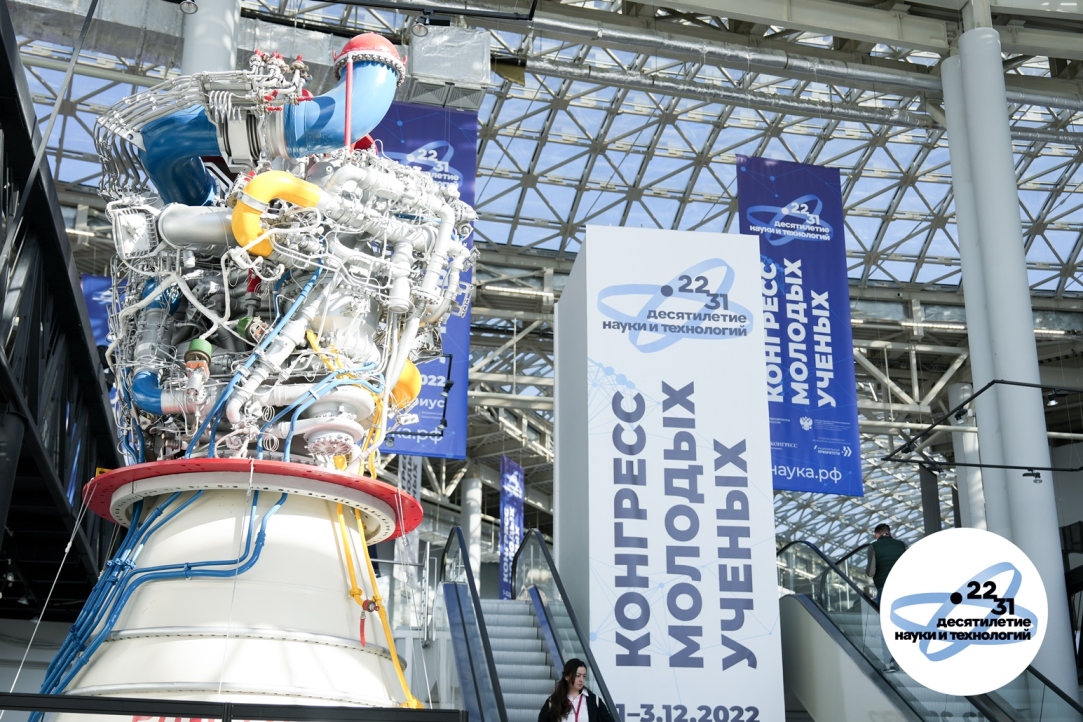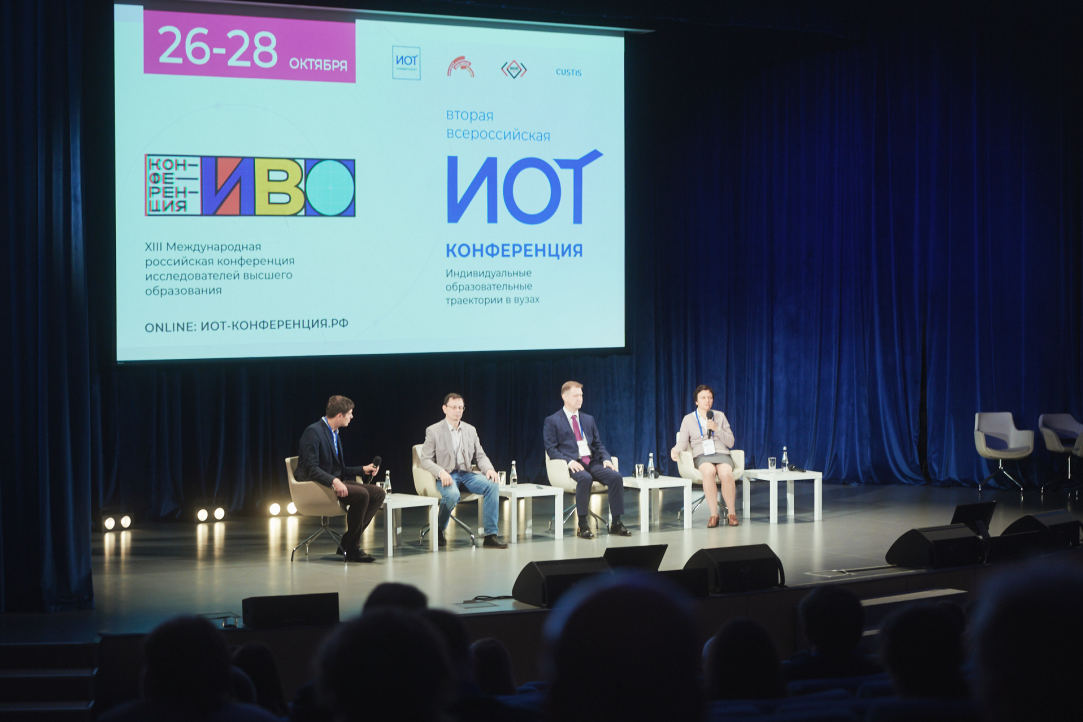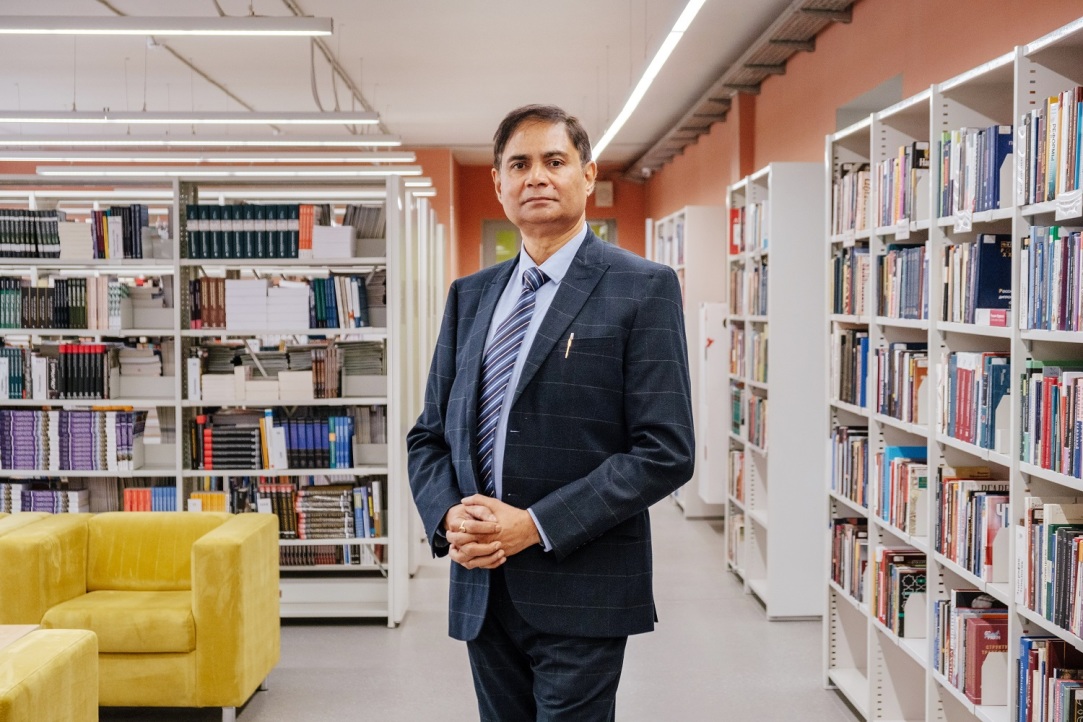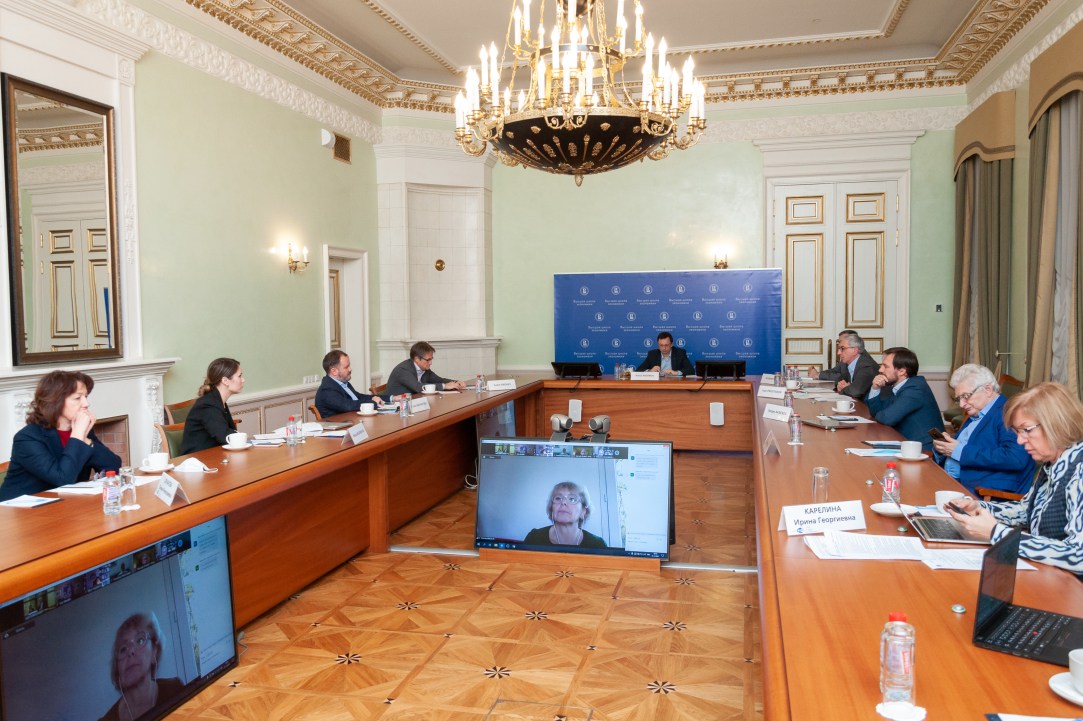
Second Congress of Young Scientists: Students Are Ready to Implement Breakthrough Projects
The 2nd Congress of Young Scientists was held at the Sirius Park of Science and Art in Sochi. HSE University representatives took an active part in it, working at various venues where a wide range of topics were discussed—from university development to machine learning and scientific cinema.

HSE University Hosts International Conference on Current Issues in Language Education
The HSE University School of Foreign Languages has held the second HSE LED Conference devoted to exchanging research and professional experience. Attendees included academics and teachers, experts and practitioners, language-education administrators and managers from various regions in Russia and abroad. The conference was held in person and online on December 8–9.

Okko and HSE University Sign Cooperation Agreement
The Okko online cinema service and HSE University have signed a cooperation agreement on the creation and distribution of educational content. The first HSE project to be hosted on Okko is the LessON original video project.

‘A Great Academic Holiday’: XIII International Conference on Higher Education Held at HSE University
The event’s main theme is ‘New Educational Outcomes for Well-being and Success’. This year, the XIII International Conference on Higher Education was held together with the Second All-Russian Conference on Individual Educational Trajectories. For three days, researchers discussed the latest challenges in education, including the field of strengthening Russia's technological sovereignty.

Road Map for the Future: Russia’s New Eastward Policy
Today, Russia is striving to develop its relationships with the countries of East and South Asia and the Middle East. Politicians, diplomats, and businesspeople need to be aware of the specifics of Eastern states, their traditions and culture. To develop a new level of relations, it is important to provide high-quality education for Asian studies specialists. This was discussed at the First International Academic Conference ‘Oriental Civilisations: A View from the 21st Century’ hosted by HSE University. The Conference was attended by scientists from Russia, China, Turkey, Japan, Iran, and other countries.

Nauka 0+: The Kind of Science Society Needs
From the rise of platform capitalism to somatisation—this is the scope of the topics discussed at ‘Society’, a thematic platform of the NAUKA 0+ All-Russian Science Festival held by HSE University in October. In addition, experts discussed the timely issue of science popularisation.

The Main Indicator of Education Quality Is the Level of Research
At the beginning of this academic year, Dr Manoj Sharma became Vice President of HSE University-St Petersburg and has started to supervise the international activities of the campus, from the academic mobility programmes to partnerships with world universities. HSE News Service spoke to him about language barriers, key tasks, and Russian peculiarities.

‘We Need Proactive Leaders’
The HSE Graduate School of Business (GSB), the French INSEAD, and Beeline University have developed and delivered a corporate succession and talent development programme for 40 of Beeline's senior executives. ‘Leadership. Accelerator. Beeline’ (LAB) is a seven-month programme combining international best practices in management competencies, customer centricity, and digital business transformation.

HSE ISSEK Report Is the Most-cited Publication in the Digital Field
Issued in 2019 by the Institute for Statistical Studies and Economics of Knowledge (ISSEK) at HSE University, the report‘What is the Digital Economy?’ has topped the Russian Science Citation Index list of the 6,000 most-cited publications in the digital field in 2019–2021. Analysis of the database shows that other ISSEK papers on digital topics have also become hits in the research world.

IAC Welcomes New Members and Discusses HSE University Development
On December 1, key areas of HSE University’s recently adopted strategy were presented at the extended meeting of the International Advisory Committee. Outgoing and new members of IAC learnt more about the University’s initiatives in human capital and AI research, as well as about its plans to build a Master’s Engineering School.

